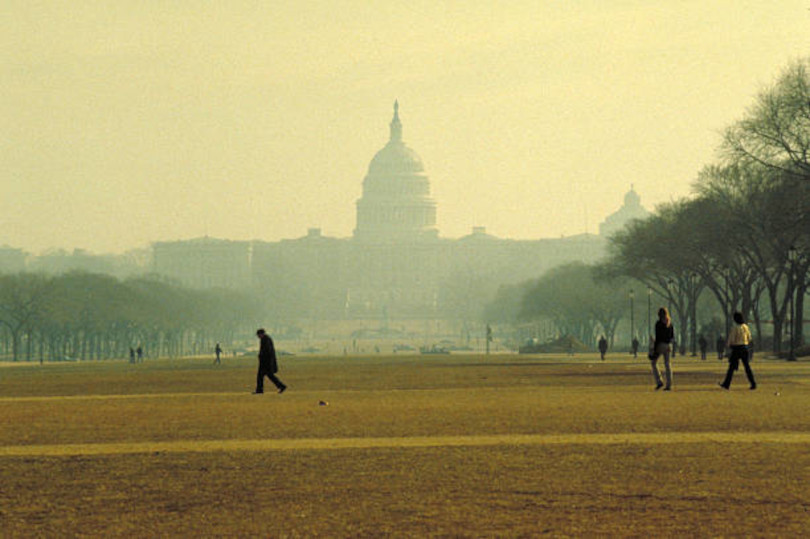Days with a heat index of more than 100 degrees are becoming increasingly common in the summer months as the climate crisis continues to run its course. Just this summer in D.C., we have already seen a record number of hot days and experienced a heat wave. It’s barely mid-July.
In the District’s Ward 1, where inequitable development has damaging impacts to the climate, unhoused communities are at increased risk for health issues, both mental, and physical, in the extreme summer heat. Organizations like Ward 1 Mutual Aid are working to keep people safe, despite the increased risk.
Mutual aid, unlike charity, is not unidirectional – from the top down. Mutual aid takes on a community-based framework and works to build ongoing solidarity, rather than a one time exchange of goods. According to Vox, “Whereas charity involves a giver and a receiver, and implicitly sets up a hierarchical relationship between them, mutual aid is a voluntary exchange among equals.”
In a conversation I had with Carol Ross and Nash Keyes, they explained to me how heat disproportionately impacts unhoused peoples, and their work as organizers.
Carol Ross, a project lead for Ward 1 Mutual Aid, does food distribution and outreach to support unhoused neighbors in Ward 1. She is a long time member, and she herself has relied on the resources that organizations like Ward 1 Mutual Aid have to offer.
“There’s no shade,” Ross said, “There are no designated cooling centers.” This, Ross said, is an important distinction. Libraries and other public spaces can act as a place to find relief for people who need to get out of the heat and allow their bodies to cool down. However, there are often identification requirements to get in, and stigma that can make it hard for unhoused people to simply take up those spaces. Designated cooling stations focus on creating accepting and inclusive spaces; not only providing relief, but resources like water, ice packs, food, and hygiene supplies for people who have to go back out into the heat for extended periods of time.
Nash Keyes is an organizer with Ward 1 Mutual Aid and Baldwin House, an affordable housing collective in Ward 1. They are a DC transplant who who works on equitable climate adaptation in their organizing, as well as professionally. “It [Ward 1] is very dense and paved, so we get a more intense urban heat island effect,” Keyes said. “Ward 1 has also seen some closures and privatizations or gating off some green spaces.
Baldwin House, an affordable housing cooperative, has plans to create a community greenspace, urban farming to increase access to a cooler area, and fresh food.
As people work towards greater equity amid climate change, Keyes and Ross emphasized the importance of zooming out and examining broader patterns. “The field of climate adaptation is very often technology or solutions focused, or strategy focused, which is really important. But also that leaves out the environmental justice component, the community context component,” Keyes said.
“Ward 1 is on top of it and trying to make change… I think that’s what we need to do, is just spread our wings. Nobody wants to be discriminated against, nobody wants to go through what’s going on here. We all want to make a change,” Ross said.
If you are interested in being a part of this change, both Ward 1 Mutual Aid and Baldwin House have spaces where donations can be made. You can visit Ward 1 Mutual Aid’s Patreon, Venmo: @Ward1-DCMutualAid, or Cashapp: $Ward1MutualAid to donate money. They are also in need of resources like water, cooling packs, and fans to distribute to community members. Additionally, Baldwin house accepts donations through GiveButter, and Patreon.
Change is possible, and these strong communities are ensuring that people always come first.
Featured image/photo courtesy of iStock: Douglas Rissing.


